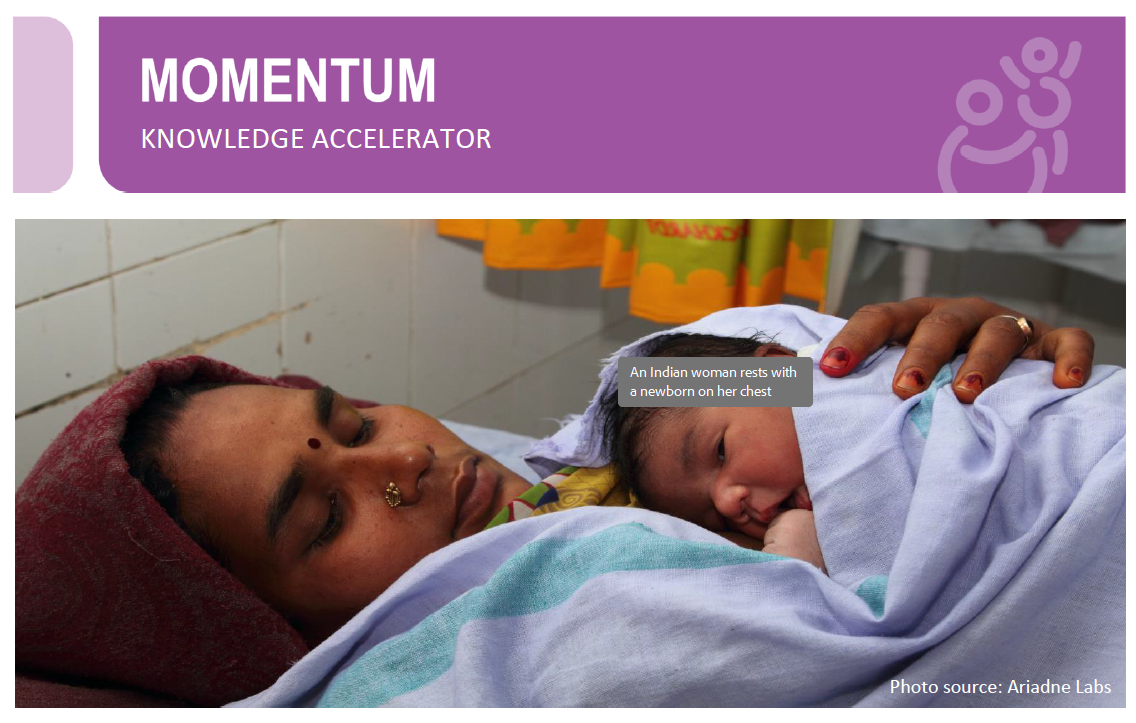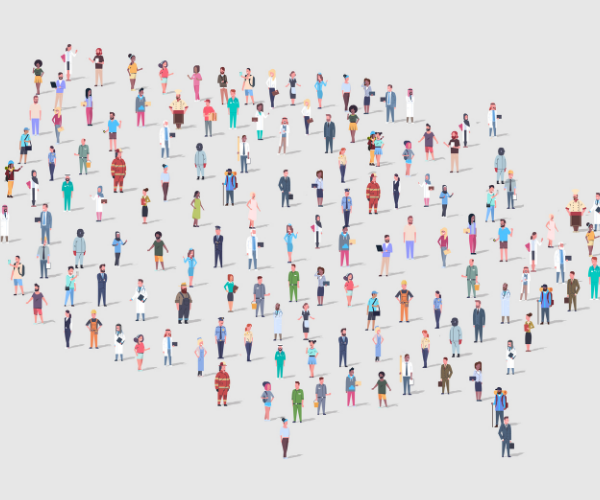
Resource Library
Good decisions require good data and information. Search the Resource Library for data and policy products on population, health, and environment issues. Browse collections, explore policy briefs, watch videos, and put the data in context.

Five Facts and Trends We’re Watching in 2026
Care, the future of work and AI, and other themes we're keeping an eye on in the new year

We, the (Fewer) People!
The consequences of demographic change as a “megatrend” of our time are not a far destiny anymore but more and more felt in our direct living environment: within families, neighborhoods, municipalities, and regions.

Childhood Adversity Casts a Long Shadow on the Health of LGBTQ+ Youth
New data on adverse experiences and gender identity reveal troubling disparities among U.S. high schoolers

Project: Demographics of African Faculty–East African Community (DAF-EAC)
Report: Demographics of African Faculty in the East African Community

Why Americans Are Delaying Parenthood
Four studies offer new insights on the decision to have kids in a low birth rate era.

Project: MOMENTUM Knowledge Accelerator
Labor Induction and Augmentation in India

1 in 6: The Global Crisis Very Few Are Funding (And Why We Should Be)
Infertility receives nowhere near the attention or funding of fertility decline or aging despite asking the same fundamental question.

Five Things You Can Do to Protect Public Data
Even small actions, taken together, can help strengthen the case for the importance of public data to our shared future.


